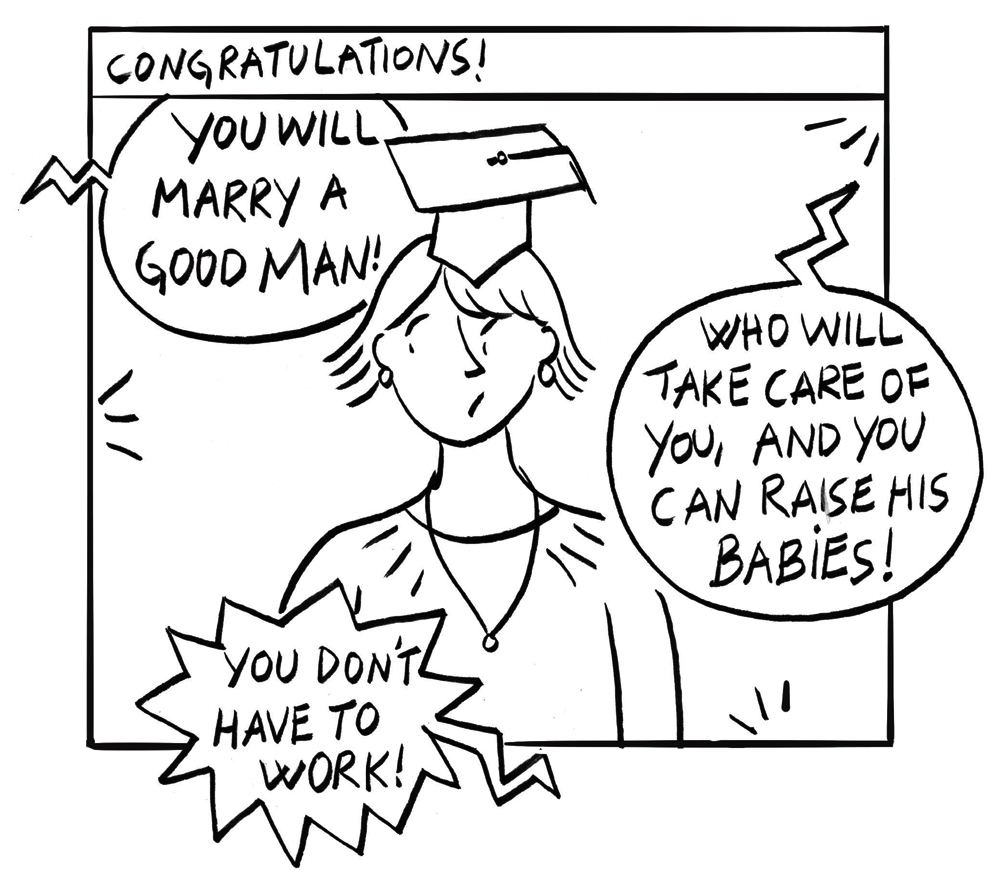Jeremy Arbid
Jeremy Arbid is an energy and public affairs analyst specializing in Lebanon’s oil and gas industry. He was formerly a journalist covering economics and government policy for Executive Magazine in Beirut. His experience includes roles as a policy specialist in Chicago and with the United Nations in Geneva. Jeremy holds a Master's in Public Administration from the American University of Beirut and a Bachelor's in Political Science from Hamline University.






